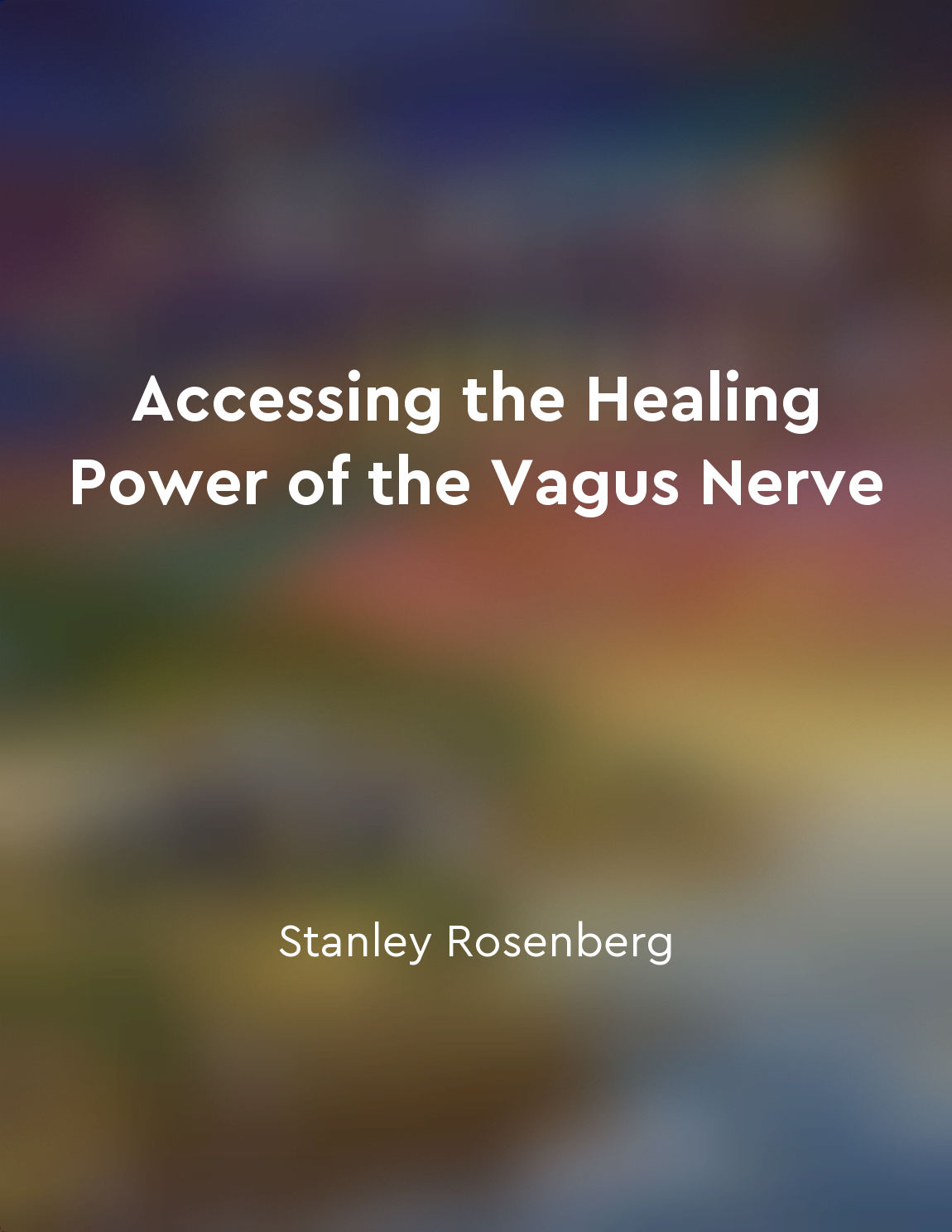The autonomic nervous system regulates involuntary functions from "summary" of Anatomy & Physiology by Kevin T. Patton
The autonomic nervous system is responsible for the regulation of involuntary functions within the body. These functions are those that occur automatically, without conscious effort or control. The autonomic nervous system operates behind the scenes, managing activities such as heart rate, digestion, and breathing without us having to think about them. One of the key features of the autonomic nervous system is its ability to respond rapidly to changes in the body's internal and external environment. For example, if you suddenly encounter a stressful situation, your heart rate may increase, your pupils may dilate, and your digestion may slow down - all in a matter of seconds. These responses are orchestrated by the autonomic nervous s...Similar Posts
Balancing work and personal life is crucial for overall health
Achieving a balance between work and personal life is essential for maintaining our overall health. Our well-being is not just ...
Reading food labels is important for making informed choices
When it comes to choosing the right foods for your health, paying attention to food labels is absolutely crucial. These labels ...
Acknowledge the power of body awareness
The power of body awareness is a fundamental concept that underlies the understanding of the body-mind connection. When we ackn...

Selfawareness is the foundation of emotional intelligence
Self-awareness is the keystone of emotional intelligence. It is the ability to recognize our own emotions as they happen – in r...

Pets can help alleviate stress
Pets can be a source of comfort and companionship in times of stress. The presence of a beloved animal can help to reduce feeli...
Being in touch with emotions can prevent illness
When we ignore our emotions, we are setting ourselves up for potential health problems down the road. Our bodies are not separa...

The ability to regulate emotions leads to better decisionmaking
In the realm of emotional intelligence, one crucial aspect that stands out is the ability to regulate emotions effectively. Thi...

By prioritizing selfcare and emotional well-being, we can nurture and support our vagus nerve
To truly support and nurture our vagus nerve, we must first prioritize self-care and emotional well-being. This means taking ti...
Emotions impact our physical health and overall wellbeing
Our emotions have a profound impact on our physical health and overall wellbeing. When we experience strong emotions such as an...
Setting realistic goals and expectations can reduce anxiety
When we set goals that are too ambitious or unrealistic, we set ourselves up for failure and disappointment. This can lead to i...

